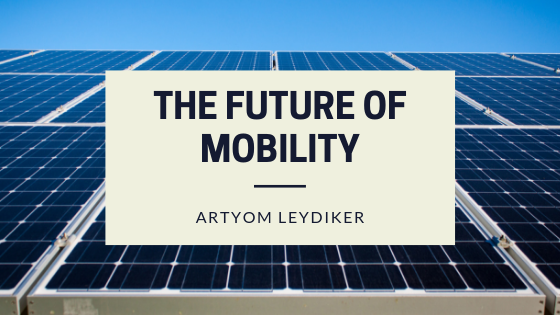The transportation of tomorrow will be cleaner, more efficient, and much more inclusive. Tomorrow’s transportation challenges call for low-carbon solutions and the delivery of transportation solutions to underserved communities. The transition into renewable energy resources will not be easy, but there are businesses now who are facing the challenge head-on.
Low Carbon
After all, mobility is more than the movement of people to and from work. Mobility in an increasingly connected global marketplace includes the transportation of goods and the facilitation of global trade, which requires cheap yet low-carbon options.
The energy of the future will have to draw on advancements in technology, especially lithium-ion batteries and solar, in order to accommodate a greater need for travel without resulting in more pollution and congestion in cities.
Safe and Reliable
By shifting to alternative forms of sustainable energy like electric cars powered by lithium-ion batteries, the U.S. can transition away from a reliance on carbon technology.
Such a transition will reduce the United States’ role in perpetuating climate change and lead to more energy independence. Right now, the entire Western world is ultimately beholden to oil-producing countries for basic energy needs.
Moving away from an unstable system to a more stable future will mean that the future of mobility will be relatively immune to external shocks like sharp upticks in the price of oil and imbalances in the Middle East.
More Convenient
Autonomous and semi-autonomous vehicles that draw on millions of hours of driving experience and artificial intelligence will make driving much more safe in the future. Autonomous vehicles are already more safe than ones operated by humans.
The experts say that autonomous trucks could displace as many as three million truck drivers over the next decade. Both job displacement and greater connectivity might be on the horizon in global transportation.
More Inclusive
Ride hailing and autonomous vehicles might actually save lives insofar as over one million people die every year in fatal car accidents.
That number will go down sharply as public transportation is extended to underserved communities and autonomous vehicles become more mainstream and accepted by society.
As with many changes in society, the effects may be felt first in densely populated cities like Los Angeles, which are experimenting most heavily right now with extending public transportation, electric scooters, and ride sharing.
